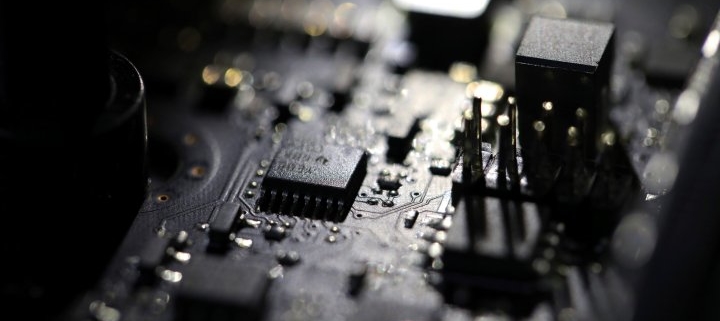Expert says N.L. cyberattack worst in Canadian history, deserves federal response – National
The cyberattack that knocked down Newfoundland and Labrador’s health system data centres Saturday is a national security issue and should be treated as such by Ottawa, security experts say.

David Shipley, chief executive officer of Beauceron Security in New Brunswick, called the attack the worst in Canadian history. Similar attacks have targeted individual hospitals or more general government services in the country, but the extent and the consequences for human health make the Newfoundland and Labrador situation stand out, Shipley said.
“We’ve never seen an entire health network – multiple health networks – taken down like this,” the cybercrime expert said in an interview Wednesday. “This is not just a Newfoundland story, it’s not just a health-care story. This is a national story, and it’s about national security.”
On Thursday, there were some signs of recovery from the attack, as the province’s eastern health authority announced its email system was working again. “We are working to bring our health-care and clinical systems back online in a safe and controlled manner,” the authority said in a news release.
In the provincial legislature, the Opposition Progressive Conservatives questioned why Liberal Premier Andrew Furey hadn’t come home from the COP26 climate change conference in Scotland to address the crisis instead of writing on Twitter about “the challenging time” for the province.
“Please know our world-class teams are dedicated to getting things up and running as soon as possible, and I remain focused on this issue,” Furey wrote.
The attack was first discovered Saturday, affecting what Health Minister John Haggie described as the “two brains” behind the provincial health network’s data centre. Without access to such things as basic email, diagnostic images and lab results, the eastern health authority – which includes several major hospitals in St. John’s – was left operating largely with pen and paper and running only emergency services.
Thousands…



